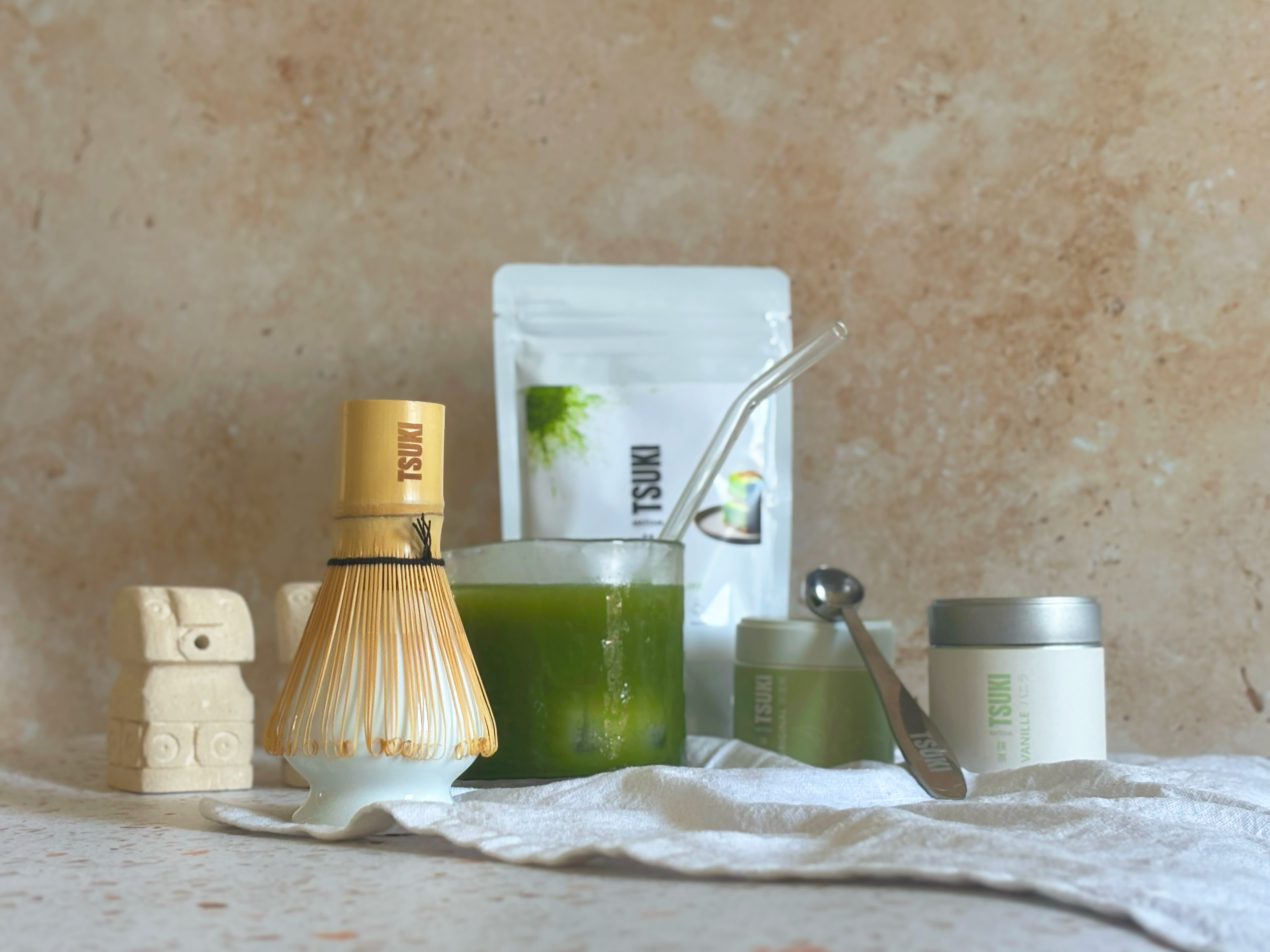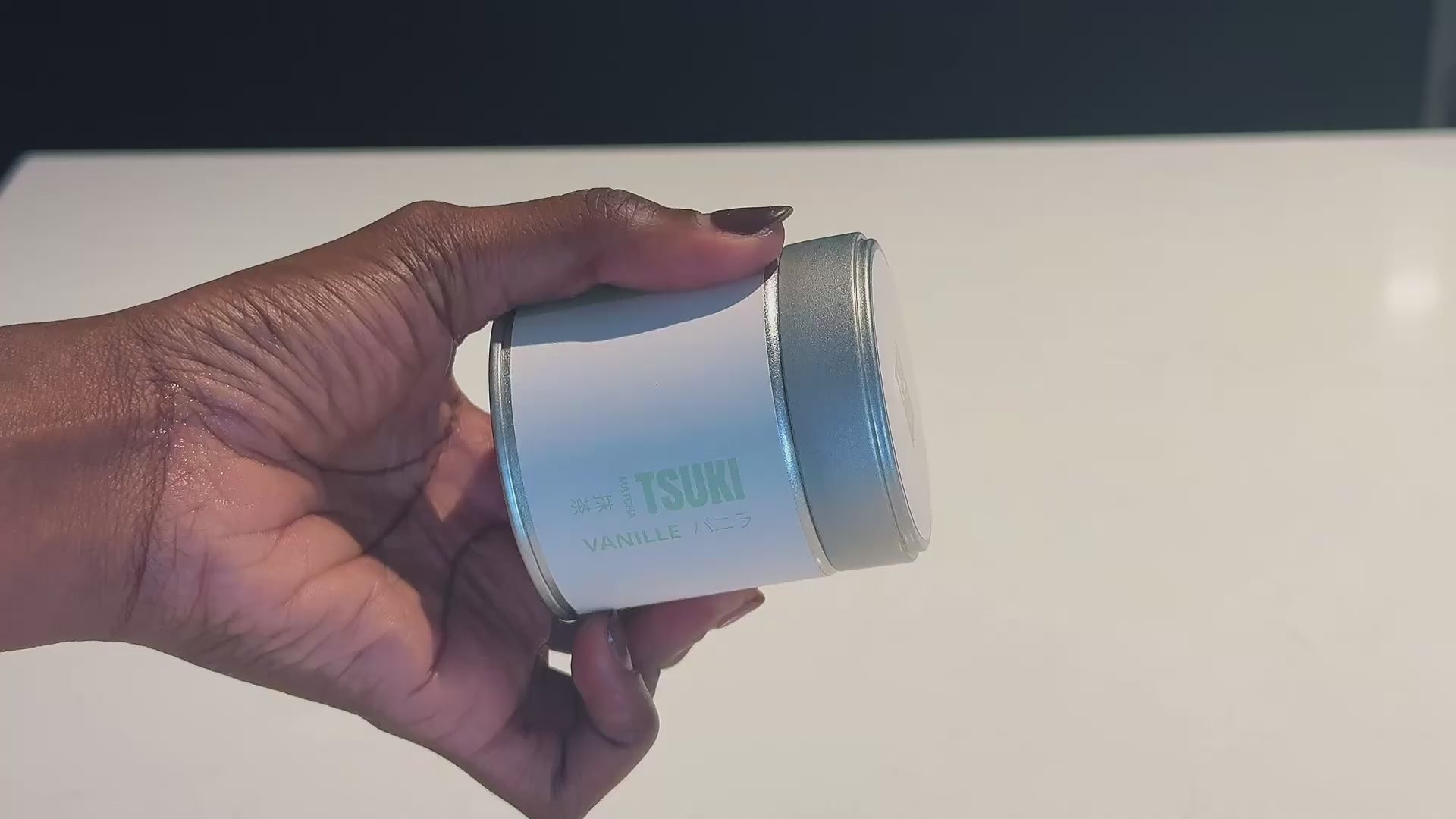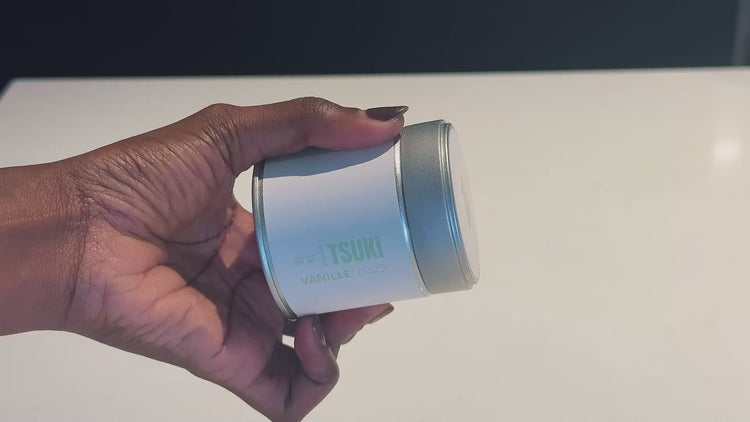
The secrets of Japanese longevity: diet, green tea and lifestyle
You've probably already heard of Japan, for the longevity of its inhabitants, particularly those of Okinawa. This Japanese archipelago of 160 islands has the highest concentration of centenarians in the world (76 out of 100,000 inhabitants). In fact, Okinawa is one of the "blue zones", those regions where life expectancy is exceptional.
Thanks to a balanced diet, regular consumption of green tea, an active lifestyle and unique life philosophies such as ikigai, the Japanese seem to have found the secrets to a long and healthy life.
The role of a healthy, balanced diet
The Japanese diet is recognized as one of the healthiest in the world. It consists mainly of fish, rice, vegetables, tofu, seaweed and fermented products such as miso and natto. Vegetables play a central role in Japanese meals, especially those in season.
Fermented products, rich in probiotics, are essential for good intestinal health, which contributes to overall well-being. This diet, low in saturated fats and sugars, is rich in nutrients, fiber and antioxidants. The Japanese also prefer moderate portions and take time to enjoy their meals, a habit that contributes to good digestion and a healthy metabolism. For example, they practice "hara hachi bu", an Okinawan concept that involves eating until you are only 80% full, to ensure digestive comfort.

Green tea consumption
The Japanese are great fans of green tea, and matcha is recognized as one of the world's most prestigious teas. Reduced to a powder, it allows you to take full advantage of its nutrients, notably antioxidants, amino acids, vitamins and minerals.
Particularly rich in catechins, matcha helps protect cells from damage caused by oxidative stress and helps reduce inflammation in the body. It also contains L-theanine, an amino acid that promotes relaxation without drowsiness, providing long-lasting, gentle energy. The Japanese appreciate this tea not only for its revitalizing effects, but also for its cognitive benefits and contribution to cardiovascular health.
Regular consumption of green tea is part of a Japanese tradition that promotes health and longevity.

An active lifestyle rooted in the community
In Japan, it's common to stay active throughout life. Many Japanese engage in light physical exercise, such as daily walking or cycling.
Community ties also play an important role in chancun's life. Throughout their lives, Japanese people take an active part in neighborhood activities and maintain a strong social network, strengthening their sense of belonging, social well-being and mental health, all of which are factors in longevity.

Ikigai: a philosophy of life to give meaning to life
Ikigai is a Japanese concept that translates as "reason for being". This philosophy encourages people to find what makes them get up each morning with enthusiasm and determination. The Japanese believe that having a reason for living, however modest, contributes not only to happiness, but also to longevity. By identifying what they're passionate about, what they're good at, what the world needs and what can bring them an income, the Japanese cultivate a deep and lasting sense of well-being.
In areas like Okinawa, where longevity is particularly high, older people continue to cultivate their ikigai by being active in the community, practicing their favorite activities regularly, and maintaining strong social ties. This philosophy helps people to live each day with intention and overcome challenges with resilience.
Prevention and medical care
Japan's healthcare system places a strong emphasis on prevention. Regular medical check-ups are encouraged and available to most Japanese, helping to detect illness at an early stage. Preventive care contributes to health and longevity by helping people maintain good physical and mental condition.
In short, Japanese longevity is the result of a set of practices, values and lifestyle choices that promote health and well-being at every stage of life. They show us that longevity is not just about genes, but about a balanced, intentional lifestyle.















